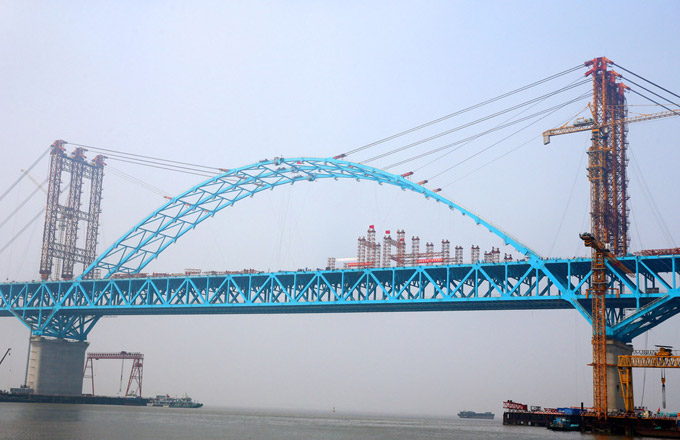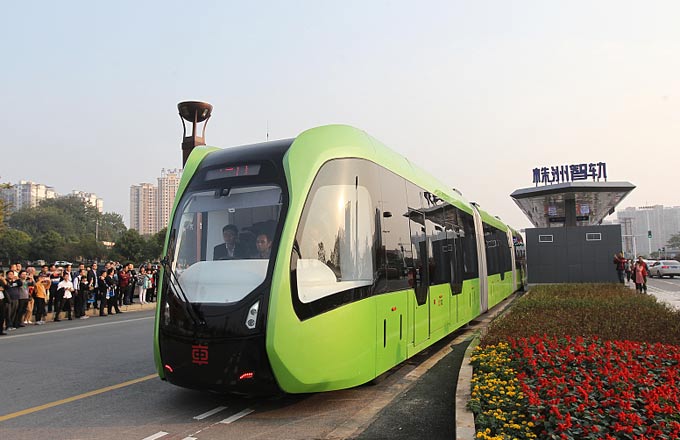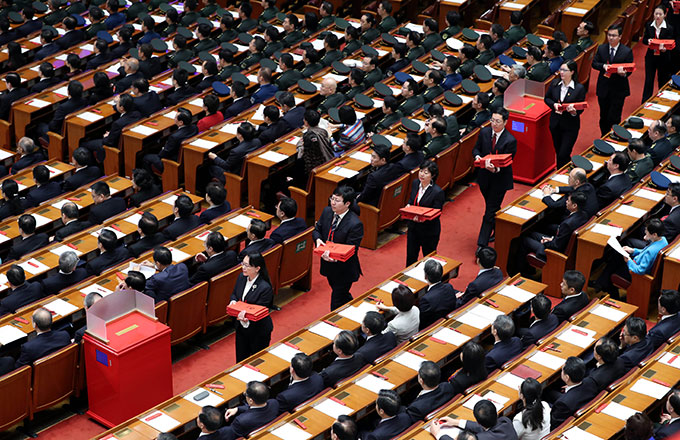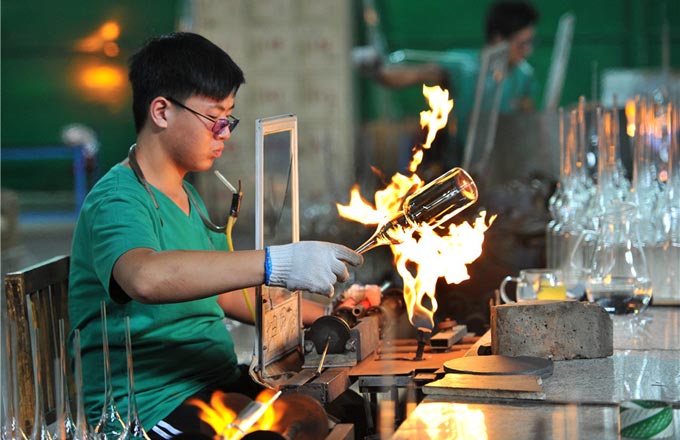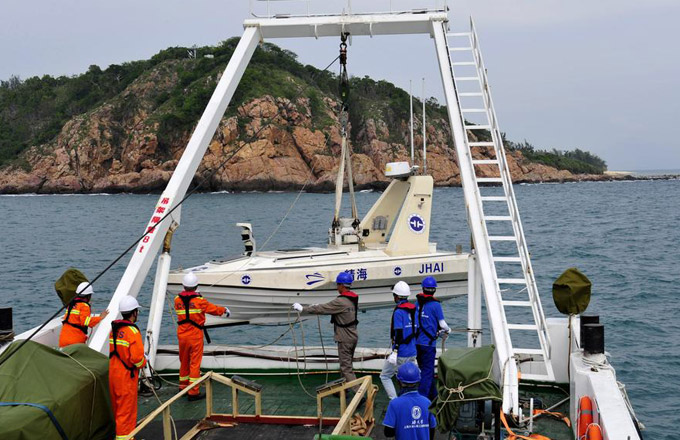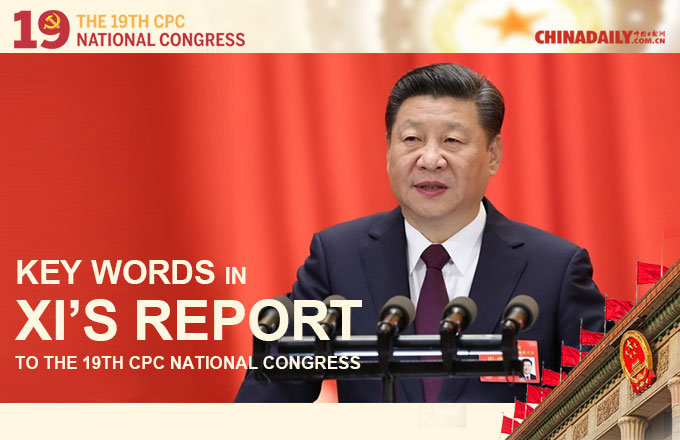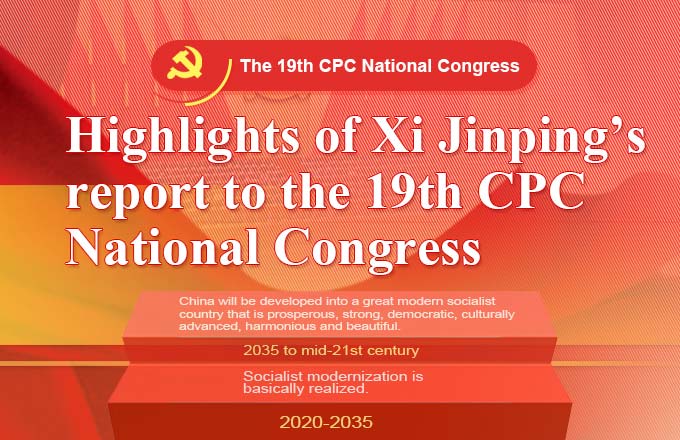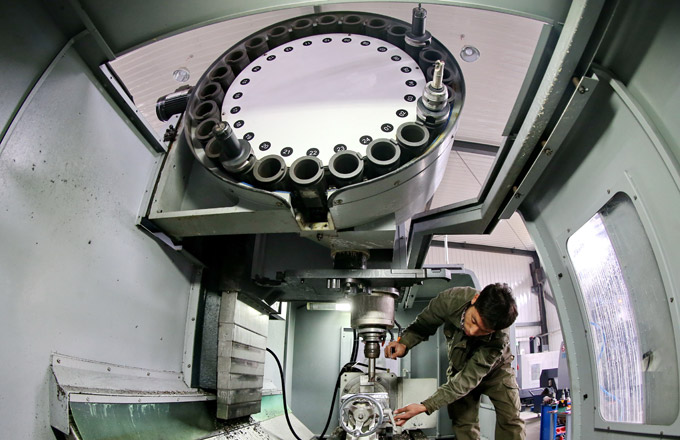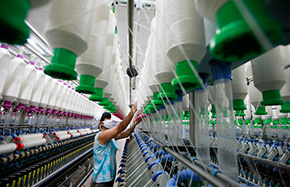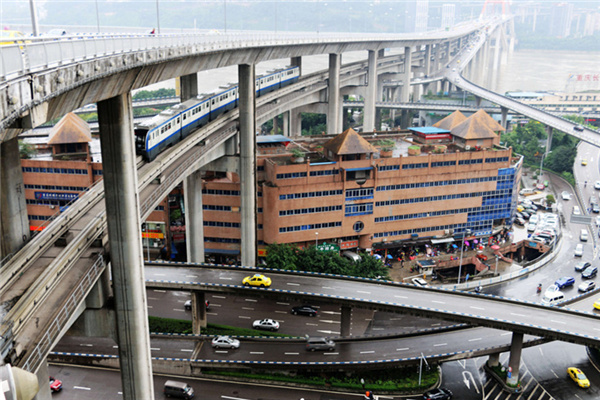China's environmental stance will inspire world
 |
|
Earle Gale |
I watched The Full Monty the other day. The 1997 British comedy is one of my favorites.
For those who don't know, it tells the story of a group of unemployed, or underemployed, former steelworkers, and their humorous attempts to make money and find dignity after the mills close in their industrial hometown in the heart of Britain.
It starts ironically, with a glossy UK government information film from the early 1970s that depicts their town as a happening, vibrant, affluent and futuristic place. Then, the movie fast-forwards to the decayed, impoverished city it became after the mills closed. What a turnaround.
Such massive changes can happen very quickly, flipping people's lives on their heads.
We have seen something similar in China's "rust belt"-except it has been happening in reverse.
There, dirty, decaying communities are being replaced with happening, vibrant, affluent and futuristic ones.
In the provinces of Liaoning, Jilin and Heilongjiang, where heavy industry was king for decades, Beijing has been overseeing the closure of polluting and inefficient mills that were producing more steel than was needed. Other mills have been modernized.
The changes are part of China's realignment of its economy and capacity reduction targets included in the 13th Five-Year Plan (2016-20). China is moving away from churning out basic products, favoring value-added goods and high technology. It's happening all over China but is especially noticeable in the Northeast.
In the place of polluting factories are robot-makers, equipment manufacturers, internet-based companies, mobile-payment providers, shared-economy enterprises and a raft of other industries.
And, despite the closure of so many factories and mills, Liaoning saw its economy grow by 2.4 percent year-on-year in Q1 after having negative growth in 2016.
The central government has overseen the retraining of workers and the establishment of free-trade zones to encourage new ideas and startups.
Shenyang, Liaoning's capital, now has a thriving financial sector and an influx of foreign automakers. It is a clean, modern and prosperous city.
The ongoing transformation is great news for the economy, but even better news for the environment.
I took a very long train ride across the region several years ago and was disappointed not to get much of a view out of my window because of mist, low clouds and pollution.
These days, the air is much better. And, with the better conditions, more visitors are making their way there, stimulating residential, retail and hotel developments.
China is showing us all that economic success does not need to come at the expense of the environment. It is something that is dear to President Xi Jinping, who has emphasized the need for both "gold mountains" and "green mountains"-the right balance between nature and commerce.
And China has further improved its environment by creating renewable energy projects faster than any other nation. Its efforts led the International Energy Agency to describe China as the world's "undisputed renewable growth leader" .
Beijing's attitude at a time when the United States has bowed out of a leadership role on environmental issues is sure to inspire many nations, especially developing ones, to follow China's lead.




